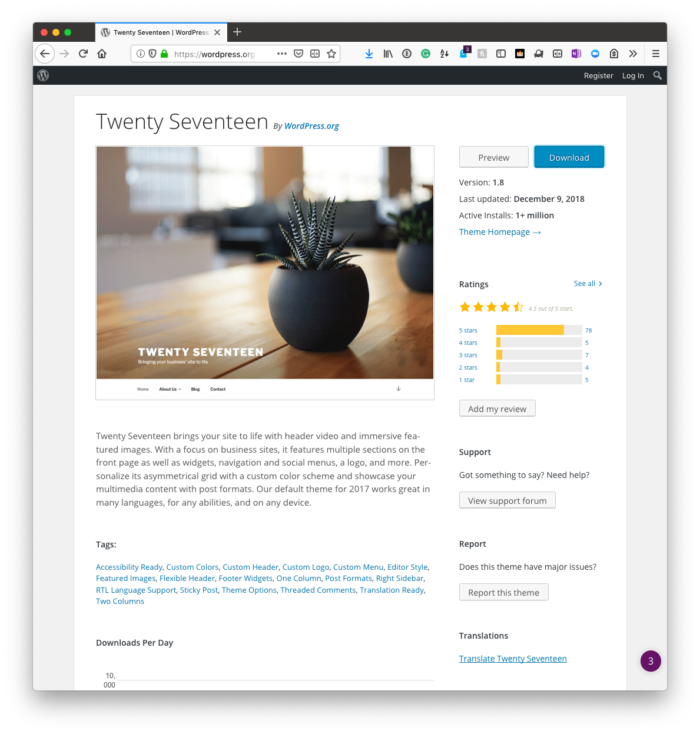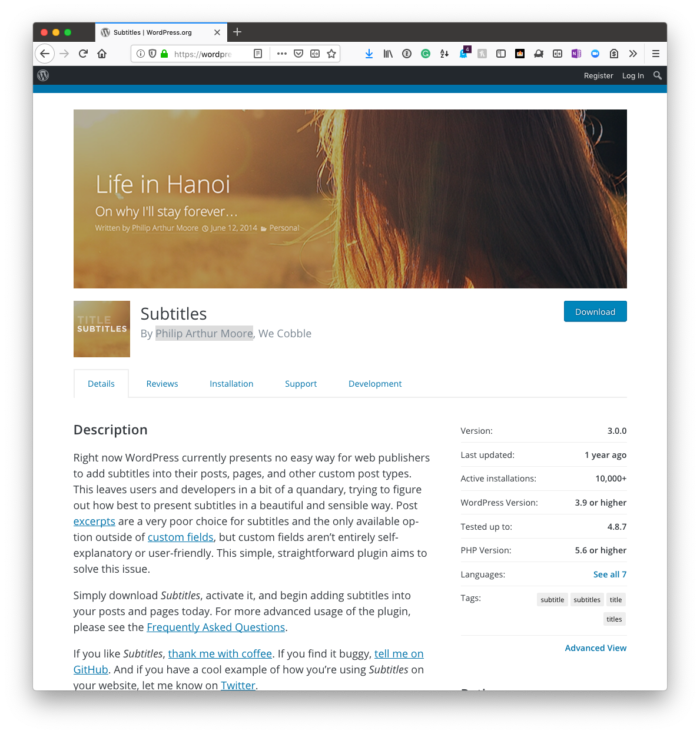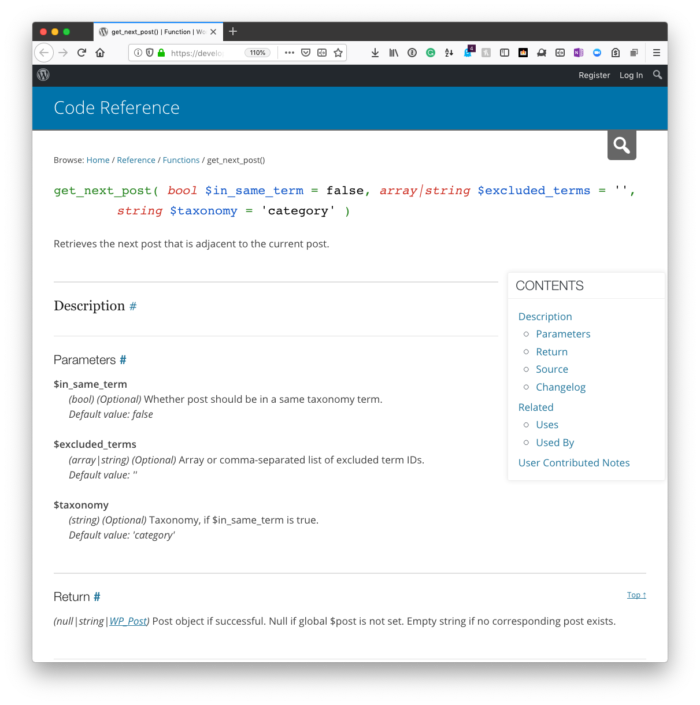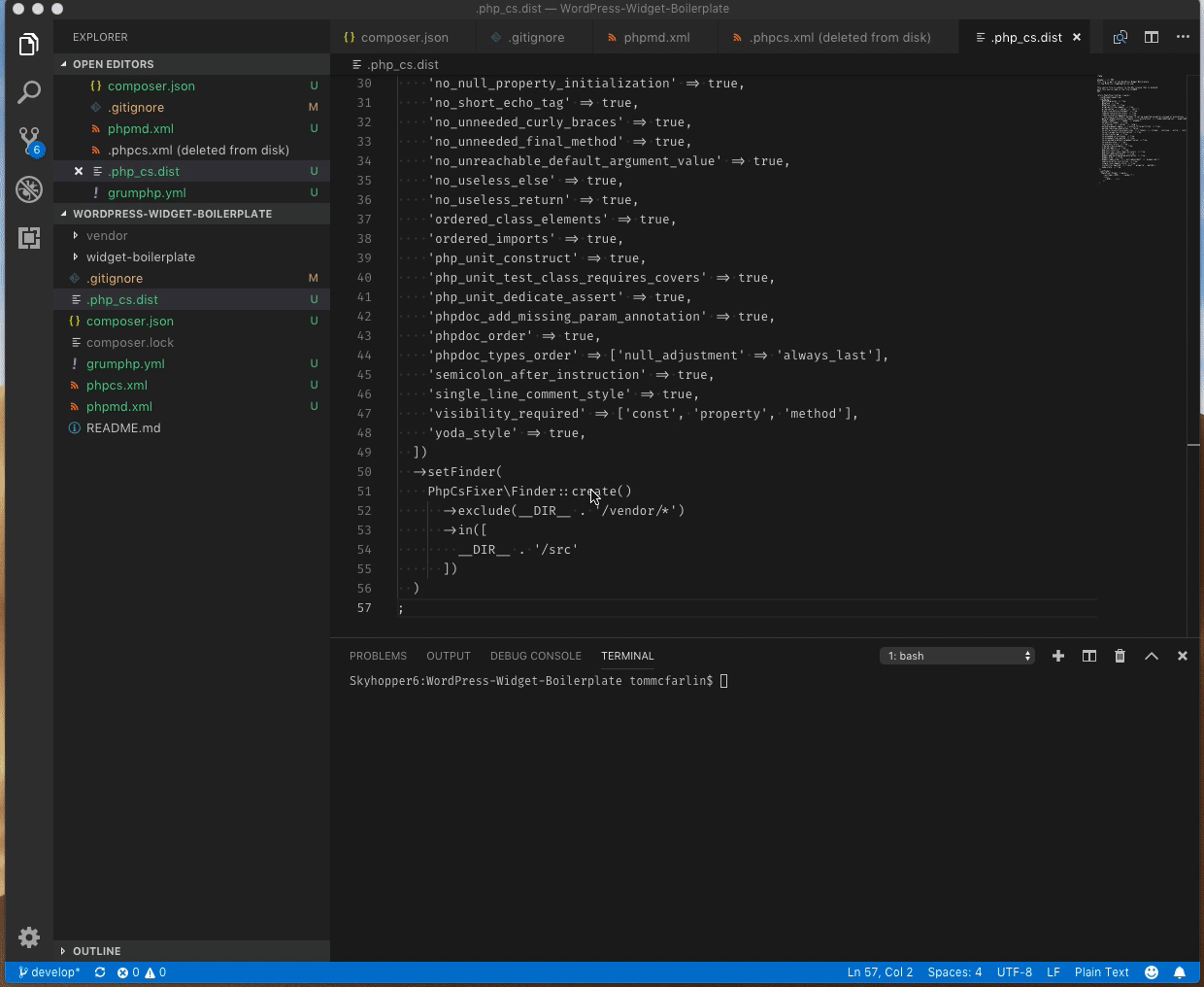Recently, some theme shops have been acquired by larger hosting companies. Thus, getting a copy of a theme that you want is now more difficult unless you use said host.
For those who typically read this site via RSS (or some other means), then it’s worth noting that I’ve changed this site back to a stock theme (Twentyseventeen, actually).

The short reason being that this is a theme that is likely to be long supported since it’s built by the WordPress.org team and it’s going to play well with all of the new and upstream features.
But when changing themes, I lost one of my favorite features: Subtitles. That is, each post that I wrote had its subtitle to help explain and give context to what the rest of the article was about.
I’ve been familiar with Philip Arthur Moore’s Subtitles plugin for some time.

And the way the previous theme was built along with the way this plugin is built made it possible for me to write a small plugin to migrate all of the previous theme subtitles to the plugin subtitles.
Here’s how where it is, how to use it, and how it works.


